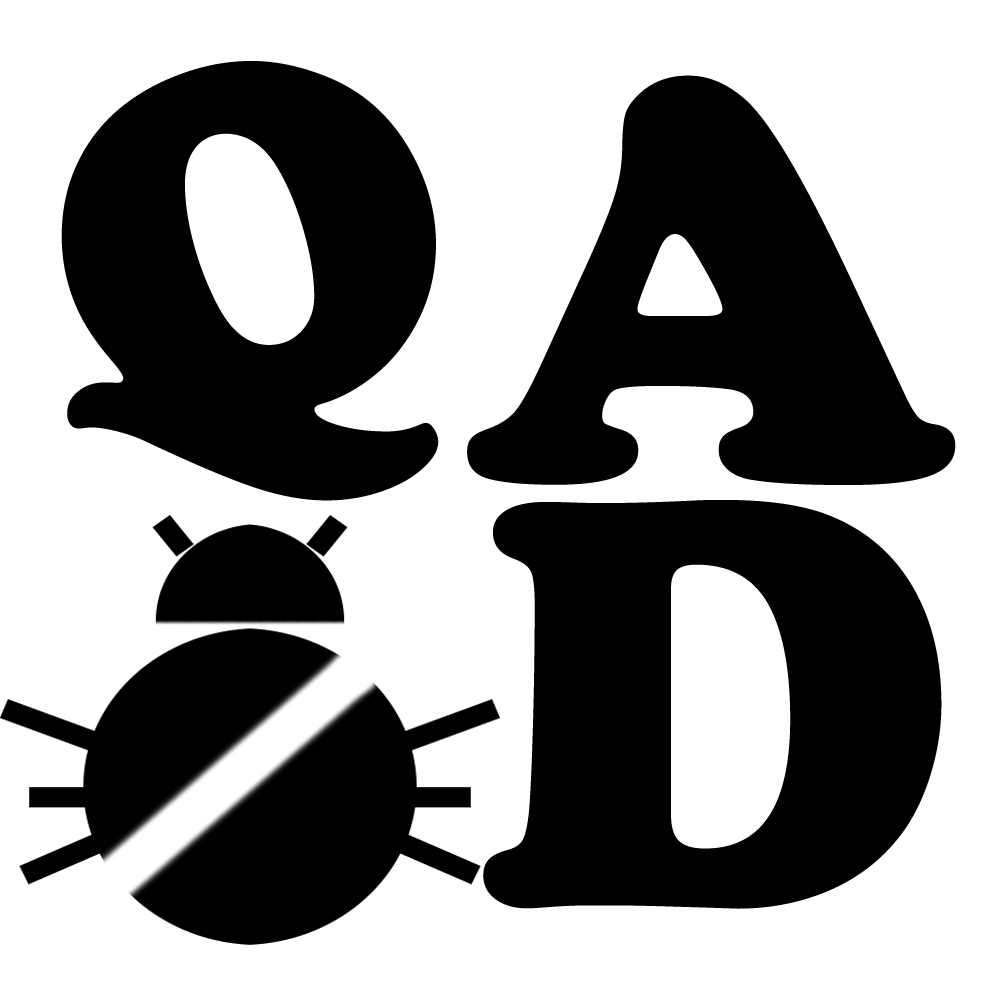By working with us we wish to help our clients to quickly identify software defects before they reach market or their final users, so that the clients can easily make an informed decision based on data, objective and quantifiable evaluations in order to avoid any potential financial or image loss caused by those defects. A clear documentation regarding how the software behaves, defined by both new and traditional methods reduces the costs associated with fixing defects or recurrent changes in live environments, associated with products that are not respecting standards, specifications or laws that apply for that project.
Why work with us:
- We provide among the lowest fees associated with the level of expertise and types of services offered
- We offer a device variety to chose from, in order to cover your business needs (phones, notebooks, tablets, desktops, TVs) with different operating systems (windows, android, ios etc.)
- Cloud system that allows you to see the progress of the testing in real-time
- Different levels of experience (juniors, seniors, managers) depending on your budget
Generic packages:
We grouped some of the services and resources into four packages in order to provide you with some general view of the potential cost, but you control exactly what type of testing you need and you can ask as for a quota if you already have some requirements in mind.
Choose your plan
Quick Check
UAT Tests
Documentation Tests
Exploratory Tests
Support
Test Plan
API Tests
Automation
Other Technical
Management
Silver
$30
per hour
Gold
$45
per hour
Platinum
$60
per hour
Diamond
$75
per hour
- Silver Package – starting from 30€/h
- Gold Package – starting from 45€/h
- Platinum Package – starting from 60€/h
- Diamond Package – starting from 75€/h
Description:
Quick Check = A defined set of test cases and flows, meant to cover everything that a smoke test would cover, as well as some extra particularities to ensure the build is keeping it’s original integrity after a deploy.
UAT Tests = Is an important set of tests that are constructed having in mind the need to demonstrate that required business functions are operating in a manner suited to real-world circumstances and usage. This contains all the classical stages (Planning, Designing test cases, Executing test cases and documenting, Regression testing upon bug fixing, Sign-off)
Documentation Tests = This is applicable for Requirements, Functional design specifications, UI/UX sketches, Interface agreement, User Stories, Release notes, Deployment notes and some technical API documentations.
Test Plan = Creating a custom test plan for the project in discussion, describing software testing scope and activities. An example of contents of such a document would include the following topics: Objectives, Features to be tested, type of testing covered, test environments, regression testing, test activities for each sprint, tools/software used, bug tracking, test case repository, build acceptance criteria, entry/exit criteria, roles and responsibilities.
Support = Availability to re-test the bug fixes outside of the contract for a defined period.
Exploratory Tests = Exploratory testing as we all know, is an approach to software testing that evolves at the same time with learning the project’s particularities. This is an important activity in agile teams in order to keep up with the rapid development pace.
API Tests = These is done at both levels, meaning testing each API separately as well as testing the integration with other APIs in the system generally performed by us using SoapUI.
Automation = We can cover two types of automation so far: API automation, using SoapUI Comunity Edition (data driven supported). Selenium with PHP for automating web based applications.
Other Technical = Can support dev ops in setting up automation environment, what kind of logging is helpful for the QA and debugging (ex. Kibana dashboards), test integration with a CI tool (ex. Jenkins).
Management = When we say management, we refer to determining, negotiating and agreeing on in-house quality procedures, standards and specification, assessing customer requirements and ensuring that these are met, setting customer service standards, investigating and setting standards for quality and health and safety, determining training needs, acting as a catalyst for change and improvement in performance and quality, recording, analyzing and distributing statistical information, monitoring performance and supervising technical staff (remotely).
